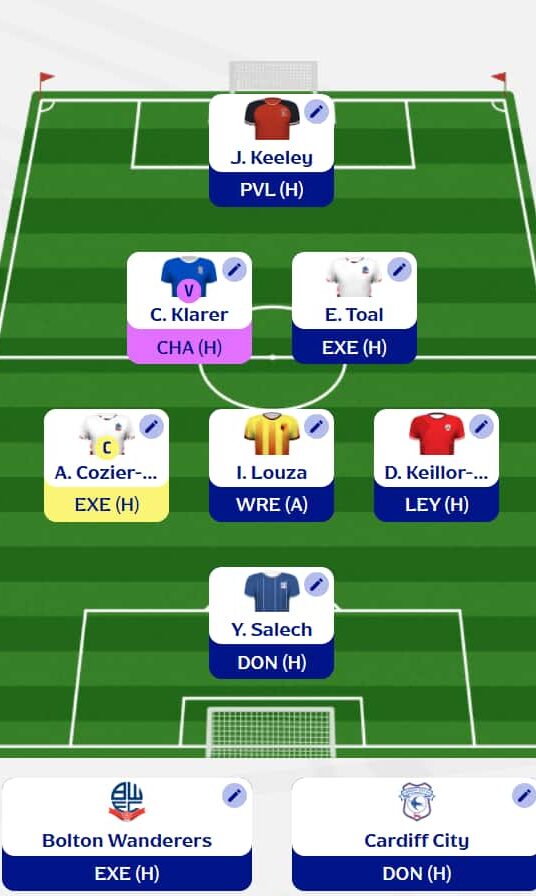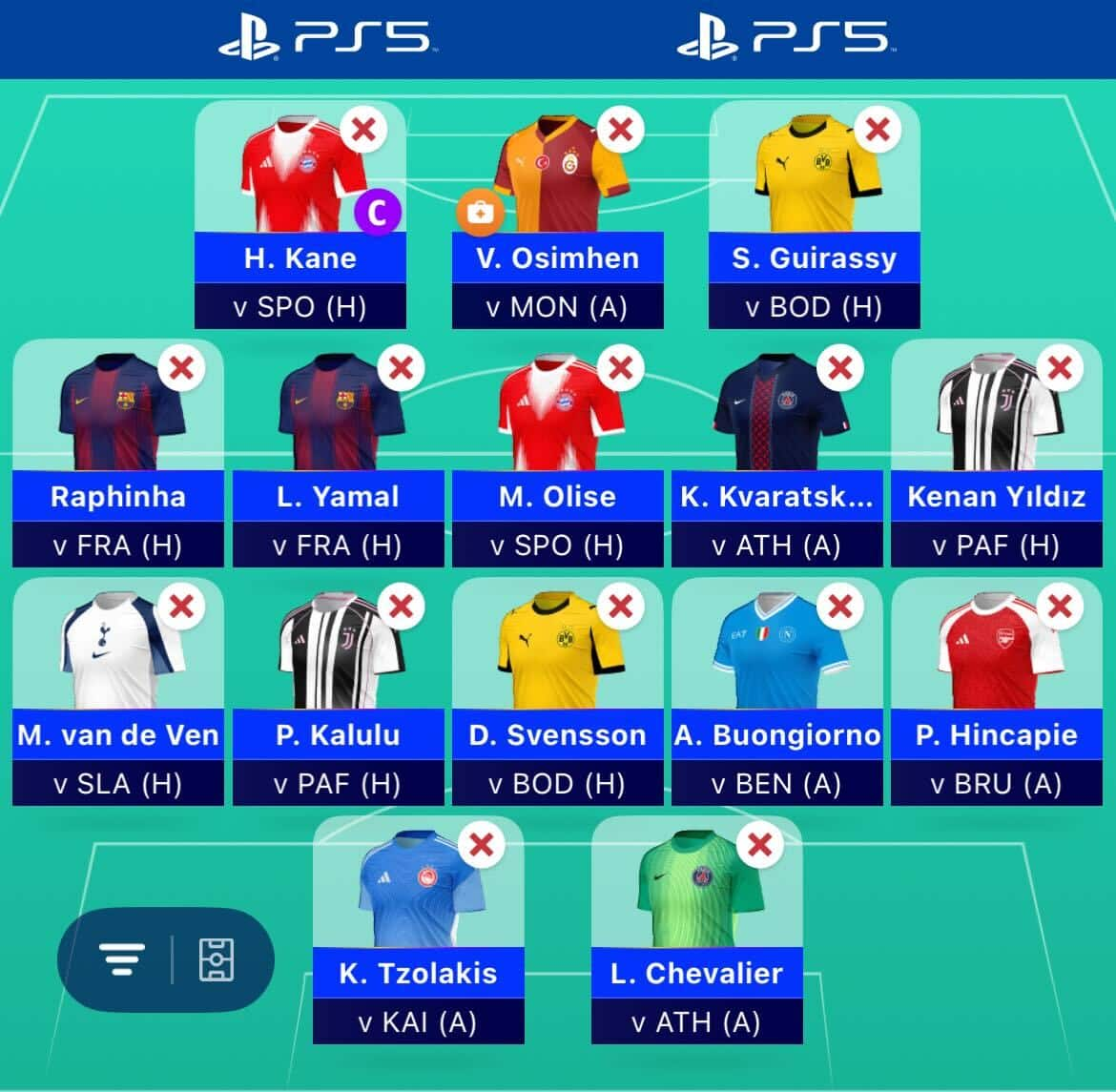A well-established term, many Fantasy Premier League (FPL) managers believe the ‘new manager bounce’ is usually a certainty.
It led to predictions that a Manchester United team temporarily under Ruud van Nistelrooy’s control would beat Chelsea before Ruben Amorim similarly guides them to a strong run of initial results.
Suddenly, names barely considered before like Alejandro Garnacho (£6.4m), Bruno Fernandes (£8.4m), Diogo Dalot (£5.2m), Rasmus Hojlund (£6.9m) and even Marcus Rashford (£6.9m) became a possibility.
Here, we look at past data to see whether the immediate upturn is either a myth or evidence-based. I have analysed managerial changes from the past five seasons, acknowledging those clubs that transitioned to caretaker managers before a long-term appointment.
FIRST MATCH OF NEW MANAGERS
OVERALL
- Total managerial changes: 65
- Wins in 1st league game: 20 from 65 (30.77%)
- Draws in 1st league game: 21 from 65 (32.31%)
- Losses in 1st league game: 24 from 65 (36.92%)
- Scored: 80 (1.23 per game)
- Conceded: 95 (1.46 per game)
It’s interesting that the loss rate is higher than the win rate, suggesting that new managers don’t necessarily get that bounce.
However, there’s a possibility that interim caretaker managers skew the overall result, as they aren’t the real, desired appointment. So let’s now separate these from permanent replacements.
GROUP 1: CARETAKER MANAGERS ONLY
- Total managerial changes: 21
- Wins in 1st league game: 3 from 21 (14.29%)
- Draws in 1st league game: 10 from 21 (47.62%)
- Losses in 1st league game: 8 from 21 (38.10%)
- Scored: 23 (1.10 per game)
- Conceded: 36 (1.71 per game)
GROUP 2: PERMANENT MANAGERS ONLY
- Total managerial changes: 44
- Wins in 1st league game: 17 from 44 (38.64%)
- Draws in 1st league game: 11 from 44 (25.00%)
- Losses in 1st league game: 16 from 44 (36.36%)
- Scored: 57 (1.30 per game)
- Conceded: 59 (1.34 per game)
This suggests that caretaker managers like van Nistelrooy are more about stability (high percentage of draws) rather than aggressive changes that bring victories. Whereas a permanent change (like Amorim) brings a notably higher win rate and a more positive impact on immediate performance.
Yet the latter win rate is still not as high as expected. Maybe it’s because we included all teams, regardless of context. For example, sides fighting relegation are less likely to receive this boost.
Therefore, the next data excludes teams that ended the season with relegation, like Leeds United and Leicester City. While it seems like Manchester United are bad, they’re certainly not in danger of dropping.
GROUP 3: EXCLUDING RELEGATED TEAMS
- Total managerial changes: 48
- Wins in 1st league game: 18 from 48 (37.50%)
- Draws in 1st league game: 17 from 48 (35.42%)
- Losses in 1st league game: 13 from 48 (27.08%)
- Scored: 68 (1.42 per game)
- Conceded: 56 (1.17 per game)
These teams score more and concede fewer, indicating that having a stronger squad may naturally bring more immediate success when compared to weaker ones. The rate of defeats is down, too.
LIMITATIONS OF THIS SHORT STUDY

Firstly, we’ve only explored the first league result, rather than a multi-game period. Some managers might need a few weeks to stamp their mark.
Another asterisk is that we didn’t take into account the difficulty of that first match, or whether it was home or away. Man United will travel to newly-promoted Ipswich Town.
Furthermore, some managers joined mid-season, while summer appointments receive a full pre-season of preparation. Amorim doesn’t have that luxury.
So, in conclusion, there is some slight truth to the ‘new manager bounce’ theory but it’s more effective with permanent moves and stronger teams. Theoretically, Amorim and Man United fit into this category. But statistics suggest new managers aren’t significantly more likely to win than draw or lose that first game.



